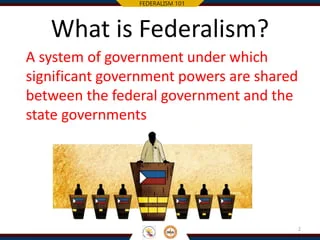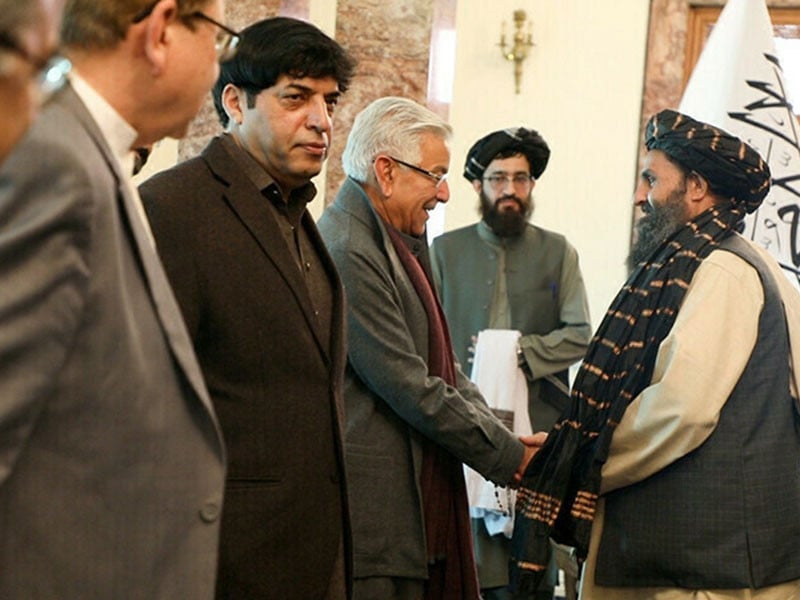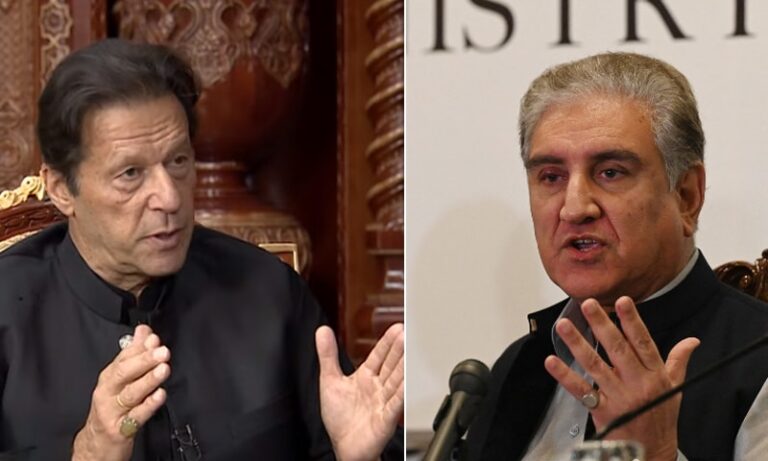Editorial
Federalism is a system of government in which power is divided between a central authority and constituent political units, such as states or provinces. In a federal system, the central government has certain powers, while the constituent units have their own powers and responsibilities.
There are several kinds of federalism, including dual federalism, cooperative federalism, and competitive federalism. Dual federalism is a system in which the central government and the constituent units have clearly defined and separate powers, and neither can encroach upon the other’s jurisdiction. Cooperative federalism, on the other hand, is a system in which the central government and the constituent units work together to solve problems and address issues. Competitive federalism involves competition between the constituent units to attract businesses, investment, and other resources.
In Pakistan, federalism has been a contentious issue since the country’s independence in 1947. The country was initially formed as a federation with two provinces, but this system was replaced with a unitary system in 1956. In 1973, a new constitution was adopted that established a federal system with four provinces and a number of federally-administered territories.
However, the implementation of federalism in Pakistan has been problematic. One of the main issues is the distribution of power and resources between the central government and the provinces. Provinces often feel that the central government is encroaching upon their jurisdiction, particularly in areas such as education, health, and taxation. There have also been concerns about the equitable distribution of resources, particularly between the more developed provinces such as Punjab and Sindh, and the less developed provinces such as Balochistan and Khyber Pakhtunkhwa.
Another issue has been the lack of consultation and coordination between the central government and the provinces. Provinces often complain that they are not consulted on important policy decisions, and that the central government does not take their concerns into account. This has led to a sense of alienation and resentment among some provinces, particularly Balochistan.
Please, subscribe the channel and press bell icon.
To strengthen federalism in Pakistan, there are several steps that could be taken. One important step would be to ensure a more equitable distribution of resources, particularly between the more and less developed provinces. This could be achieved through a more transparent and accountable system of resource allocation, as well as greater consultation and participation from the provinces.
Another important step would be to improve coordination and cooperation between the central government and the provinces. This could be achieved through regular meetings between the federal and provincial governments, as well as the establishment of joint committees to address issues of common concern.
Finally, there is a need to improve public awareness and understanding of federalism in Pakistan. This could be achieved through education and outreach programs, as well as greater media coverage of the issues and challenges facing the country’s federal system. By strengthening federalism in Pakistan, the country could become more stable, democratic, and prosperous, and better able to address the challenges it faces.

















































